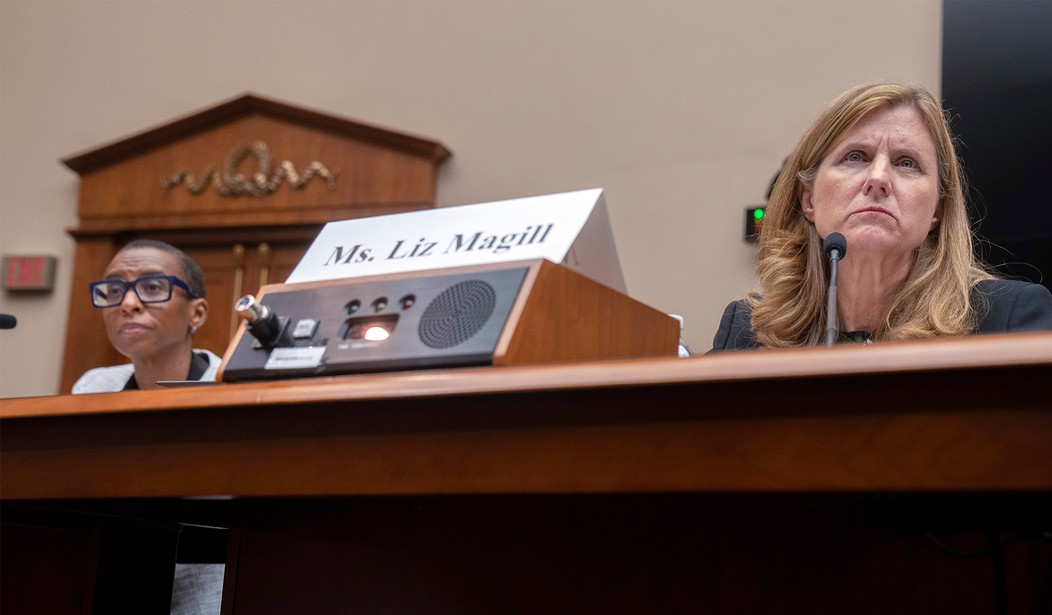Last year, in the wake of Hamas’ Oct. 7 attack on Israel, universities found themselves in hot water not only due to their responses to antisemitism on campus, but in the statements they made about the atrocities and ensuing war.
At the University of Pennsylvania, for example, former president Liz Magill fired off eight emails to undergraduate students about the topic, each time angering either the pro-Israeli community or pro-Hamas demonstrators with what was said or not said. Now, the university will try a different approach.
In a letter to the campus community on Tuesday, interim Penn President Larry Jameson said unless there is an issue that directly affects the university, it will remain quiet.
“It is not the role of the institution to render opinions — doing so risks suppressing the creativity and academic freedom of our faculty and students,” Jameson wrote. “Responding to one issue inevitably highlights issues and groups that receive no message — omissions that carry their own meanings, however inadvertent,” Jameson wrote.
The announcement introduced a “statement of University Values” and a policy titled “Upholding Academic Independence.”
The announcement wrote that the policy only applies to University leaders, including the President, Provost, vice presidents, and deans. Jameson emphasized his hope that faculty voices will be amplified, explaining that their scholarship and research play an “essential role” in public education.
“The frequency of institutional statements has been increasing over several years; the request for institutional statements has been escalating, particularly during the [COVID-19] pandemic,” Jameson said in an interview with the DP. “I think that was the time that we realized that we needed some guidance about how often we make comments and what the scope should be and who should be making them.”
“But I think with time, as we’ve got more and more examples of it and the complexity of the different groups that will hear and receive these [statements] in a range of topics, that we realize that there’s a lot of merit in the institution quieting its voice so that faculty expertise can be elevated and raised to weigh in with data and be a trusted voice,” Jameson added. (The Daily Pennsylvanian)
The position of maintaining institutional neutrality at UPenn comes after Stanford made a similar move in May.
Recommended
“When speaking for the institution, Stanford University leaders and administrators should not express an opinion on political and social controversies, unless these matters directly affect the mission of the university or implicate its legal obligations," reads a section of its Institutional Statements Policy. "This policy draws on the rejection of institutional orthodoxy in Stanford’s 1974 Statement on Academic Freedom and aims to minimize the extent to which the university is subject to fluctuating political pressures."
The Stanford Board of Trustees commended the Faculty Senate this week for adopting the policy.

























